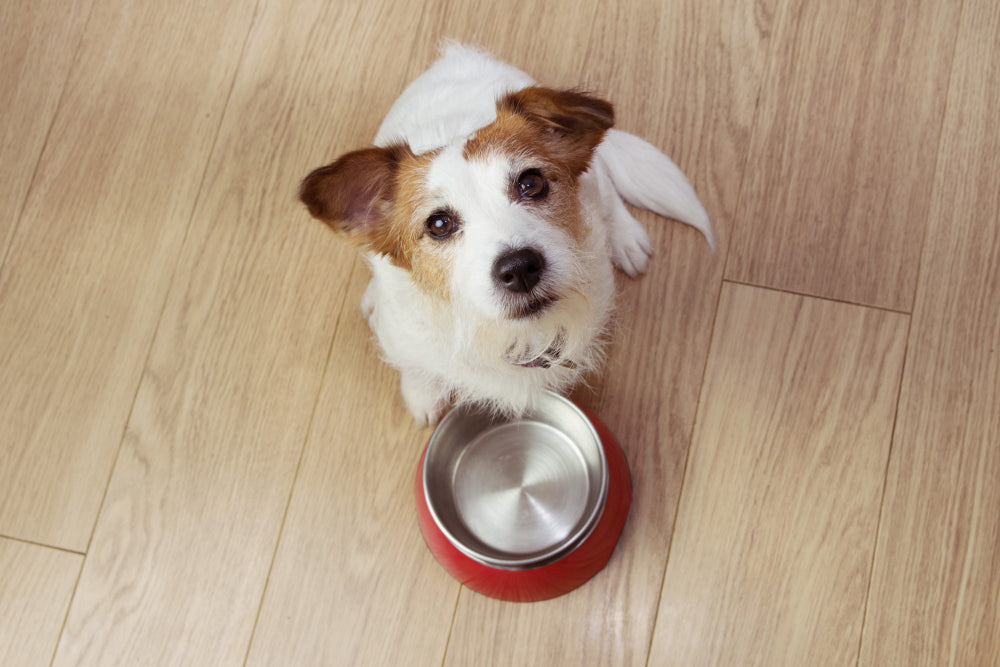If you've ever had both a dog and a cat in the same household, you might have noticed a peculiar situation — your dog seems to be quite interested in your cat's food. It can be a puzzling and sometimes frustrating experience for pet owners, as they might wonder, "Can dogs eat cat food?" In this post, we'll tackle this question and provide a comprehensive answer to keep your furry friends healthy and safe.
The Allure of Cat Food for Dogs
First, let's understand why dogs may show interest in cat food. Dogs have a keen sense of smell and cat food, generally, has a stronger smell due to its high protein content, which makes it seem more appealing to dogs. Additionally, the higher fat content can be tantalizing for dogs, creating a taste that they might find irresistible.
The Nutritional Differences
While dogs and cats are both carnivores, their dietary requirements are vastly different. Here's why:
Protein:
Cats are obligate carnivores, meaning they require a diet that consists mostly of meat. Therefore, cat food tends to be higher in protein than dog food. Dogs, on the other hand, are omnivores and need a more balanced diet with carbohydrates, fiber, and lower protein content.
Taurine:
This is an essential amino acid for cats that's often added to their food, as they cannot produce it naturally. Dogs can produce taurine, so their food doesn't usually contain this supplement.
Vitamin A:
Cats are unable to convert beta-carotene (found in plants) into Vitamin A, which is critical for their health. Thus, cat food is fortified with Vitamin A. Dogs, however, can convert beta-carotene into Vitamin A, so their food doesn't need to be fortified with it.
Arachidonic Acid:
This is an essential fatty acid for cats that they can't produce themselves. Cat food is, therefore, supplemented with it. Dogs, however, can produce arachidonic acid on their own, so their food does not need to be supplemented with it.
The Impact on Dogs Eating Cat Food
The occasional nibble of cat food by a dog probably won't cause any harm. However, regular consumption of cat food by a dog can lead to several health issues, including:
Weight Gain and Obesity:
Due to the higher fat and protein content, cat food is more calorie-dense. If a dog consistently eats cat food, it could easily lead to weight gain and, over time, obesity.
Pancreatitis:
A diet too high in fat can lead to pancreatitis in dogs — a severe and potentially life-threatening condition. Symptoms include vomiting, abdominal pain, diarrhea, and loss of appetite.
Nutritional Imbalance:
As mentioned earlier, dog and cat food have different nutritional compositions to meet each species' specific dietary needs. Regularly feeding your dog cat food could lead to a nutritional imbalance, which could impact their overall health.
In Conclusion: Should Dogs Eat Cat Food?
While it's unlikely to be harmful if your dog sneaks a bite of cat food occasionally, it's not a good habit to encourage. Regularly consuming cat food can lead to significant health problems for your dog due to nutritional imbalances and increased fat and calorie intake.
The best course of action is to feed your pets species-specific food, which is specially formulated to meet their unique dietary needs. If your dog continually attempts to eat your cat's food, it may be best to feed them in separate areas or at different times to avoid any temptation.
Remember, if you have any concerns about your dog's diet or health, always consult with a veterinarian. They can provide professional advice tailored to your specific pet's needs.
In conclusion, while dogs may find cat food tempting, it's best to keep their paws off the feline's dish for their own health and wellbeing.

